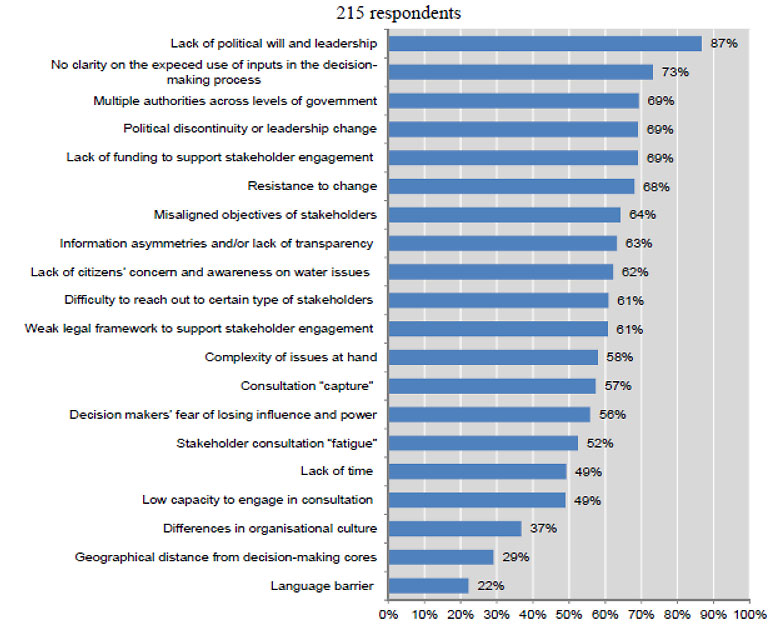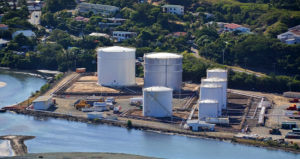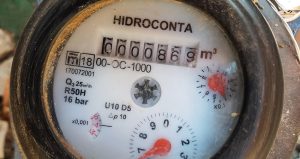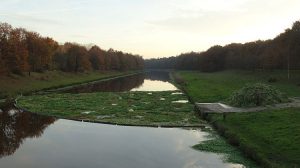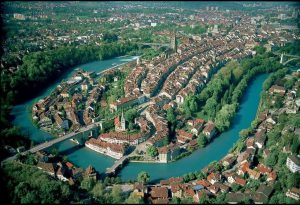OECD-report identifies obstacles good water governance

-
Editorial Team
Share article:
Due to growing water scarcity good water governance will become crucial. In order to get good governance all stakeholders need to be engaged. Last week the Organisation for Economic Cooperation and Development (OECD) presented in Korea a report on this subject. The study includes the main obstacles to engage stakeholders. Respondents consider the lack of political will and leadership as the most important threat to good governance.
The report assesses the current trends, drivers, obstacles, mechanisms, impacts, costs and benefits of stakeholder engagement in the water sector. It builds on empirical data collected through a survey across 215 water-related stakeholders and 69 case studies collected worldwide. The report stems from a 18-month policy dialogue within the working group on Stakeholder Engagement of the OECD Water Governance Initiative.
Obstacles
The OECD Survey on Stakeholder Engagement for Effective WaterGovernance identified two categories of obstacles. The first category includes those hindering the integration of the concept and approaches of stakeholder engagement into water policies and practices. They relate to political leaders’ resistance to relinquish power over other stakeholders, as well as the absence of legal frameworks to embed stakeholder engagement in institutional practices. These obstacles restrict adopting principles of inclusive decision making. The second category of obstacles includes bottlenecks that impede the effective implementation of the engagement processes. They concern the lack of clarity on the use of stakeholders’ inputs, the lack of funding, misaligned objectives as well as the lack of transparency.

